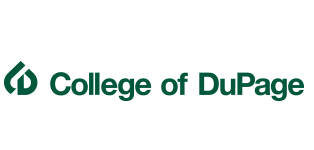Title
Academic Dishonesty and Testing: How Student Beliefs and Test Settings Impact Decisions to Cheat
Document Type
Article
Publication Date
2020
Abstract
Research shows that academic dishonesty in post-secondary education runs particularly high among students in the specific disciplines of engineering, business, and nursing. The authors were interested in how student attitudes towards specific environments for testing might contribute to the prevalence or likelihood of cheating on tests and exams. It was hypothesized that while there would be no difference in their beliefs or attitudes regarding the acceptability of cheating behaviors in unproctored versus proctored settings, students would be more likely to engage in cheating behavior in an unproctored setting. Technology continues to transform the world around us at a rapid pace, allowing faculty to incorporate more technology into the classroom and to educate more students remotely via hybrid and online classes. While these opportunities have their benefits, they also present new challenges. The opportunity for cheating on tests increases, especially when exams are delivered in unproctored environments. An instrument was created to investigate the attitudes and behaviors of first- and second-year undergraduate engineering students while taking tests in both proctored and unproctored environments. In all, 734 students were surveyed from four different institutions of higher education. Students provided both qualitative and quantitative responses to questions related to their beliefs and attitudes toward cheating in today’s socially shareable society. Results indicated that both students’ attitudes and behaviors vary as a result of tests being delivered in a proctored versus unproctored environment.
Recommended Citation


Comments
This article was originally published in 2020 in the Journal of the National College Testing Association Volume 4/Issue 1